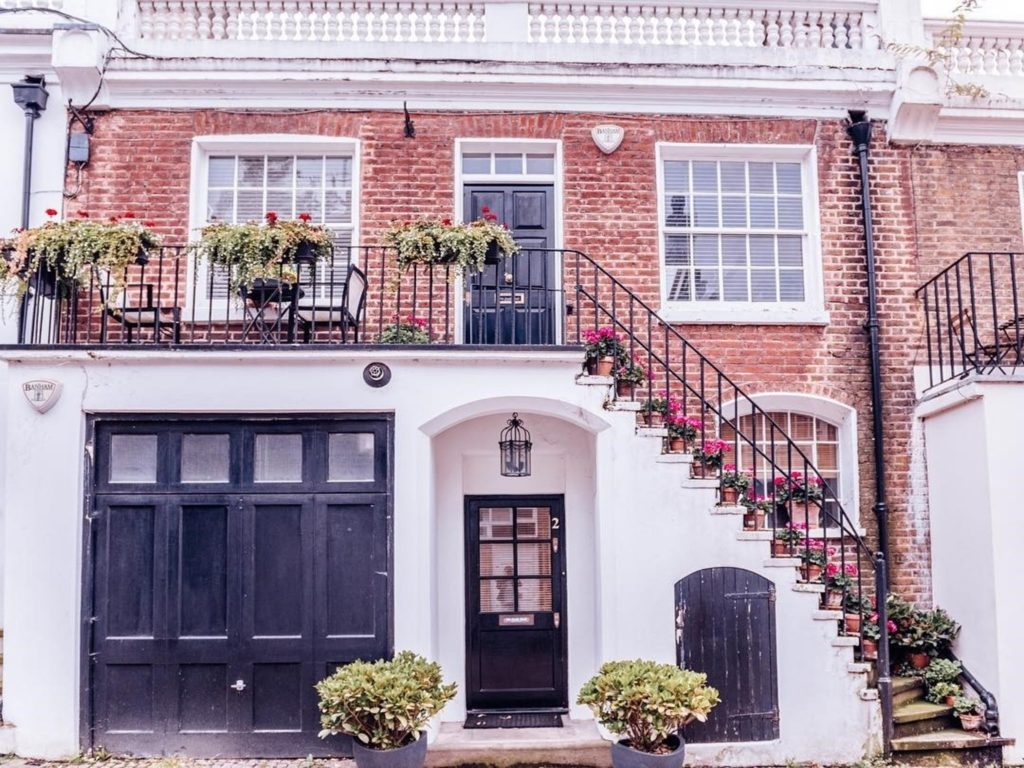Ex-pat Mortgages can be challenging. Lenders will perceive you as a higher risk than other borrowers. Not to worry, though, as there are plenty of providers who you can speak with. These providers can offer a range of mortgages such as remortgaging or even buy-to-let mortgages.
Buy-to-let mortgages can be challenging to get. Moreover, if you’re an ex-pat, you will likely be in a high-risk category.

What is different with ex-pat mortgages?
An ex-pat mortgage is a mortgage for a British citizen who is currently living outside the UK. This could be a British citizen who has moved away or is working abroad for long periods.
An ex-pat usually can only get a UK mortgage as a buy-to-let property. This option is by taking out a specific ex-pat mortgage. Because mortgages typically require the borrower to be a resident of the UK. Even though ex-pats still hold a UK passport, they are not considered to be UK residents.
Why is it harder for ex-pats to get mortgages?
Lenders are always concerned about things such as money laundering. It is also vital for lenders to understand the source of where the money comes.
Assessing paperwork from overseas is harder to do and sometimes comes with language barriers as well.
It is also harder to take any legal action against a borrower who’s not based in the UK.
Over the last few years, the market has changed. Although there are still quite a few old-school mortgage brokers who still have outdated procedures, and some lenders will not lend to an ex-pat, or it will be challenging. But there are now specialist ex-pat mortgage brokers. These specialists are aware of the regulations and even specialise in specific countries, so it’s a lot easier than it used to be.
What has changed for ex-pats?
The changes to mortgage interest rates that were announced in 2015 have become a catalyst for many UK-resident investors. These investors have started buying property using limited companies, which means that lenders who didn’t lend to limited companies before are now having to compete against each other. And lenders have to share the personal mortgage market. This change has resulted in a more extensive range of categories. One category that lenders previously wouldn’t have considered is ex-pat mortgages.
Before, the only options for ex-pats were the big international banks. These banks such as Santander, Barclays, Natwest, and HSBC – were able to limit their options and give less preferable interest rates.
In the last few years, there has been a rise in buy-to-let lenders such as Paragon that have come into the ex-pat mortgage market. These companies have significantly improved their product range for ex-pats, which means far more choices for the consumer also better rates and service.
The criteria for getting a buy-to-let ex-pat mortgage?
There are a few significant factors that will determine the chances of an ex-pat getting a mortgage.
Firstly, it will depend on which country you live in. The FCA (Financial Conduct Authority) used to publish a list of countries that they consider high risk. This list was of countries that were at a high risk of corruption, money laundering or bribery. This official list no longer exists. However, lenders still maintain their records of countries at risk. Countries that the majority of lenders deem to be high risk are Colombia and Nigeria, among others. You will have a much harder time finding a lender if you live in one of these places.
The second important factor is the company you work for. For instance, if you work for a large multinational employer that also has a UK-based office, it will be more straightforward. Lenders can speak to your employer and investigate them based on their UK criteria. It also helps if the information is in English and doesn’t need a translation from a different language.
Some lenders are easing their restrictions. Self-employed ex-pats or even those without an income at all can get a mortgage these days.
What interest rates are available for ex-pats?
Interest rates and fees are higher for those based outside the UK. Because the application is more time-consuming, applications also take extra work to get approved and are still higher risk than a UK resident mortgage.
These days the difference is not that far apart, and the rates an ex-pat can expect to pay are now like that of a UK resident. This has been reduced due to the competition that has been raised in this sector.
How does the application process work?
One thing all ex-pats need to be aware of is that the process can take a long time for the mortgage to be approved. The delay can be for several different factors. Some delays are due to the time delay between the countries, or the time it takes to send and receive original documents.
You may even need to go to your UK consulate in the county you reside in to get documents certified. You also may need to find a solicitor locally. You may have to prove more information on how the funds were raised and show in further detail how you can pay back the mortgage.
The good news is that you shouldn’t need to travel back and forth to the UK during the entire process. Thanks to technology, there is much more that work is done remotely. Things such as digital signatures can be signed securely over the internet. So there is less need to meet the mortgage brokers directly.
Conclusion
It is imperative to find a mortgage broker who has experience in the ex-pat market. This type of broker will be able to guide you through the whole process. An experienced broker can help you avoid pitfalls that you could have otherwise experienced. They will help make the entire process as smooth as possible and avoid any delays. Also, they can remove any potential delays and help process the documentation in the most efficient way possible.
For more information on moving back to the UK and securing a mortgage complete our short form here or call us on 0203 725 5830.
DISCLAIMER: These articles are for information only and should not be construed as advice. You should always seek advice prior to taking any action.
